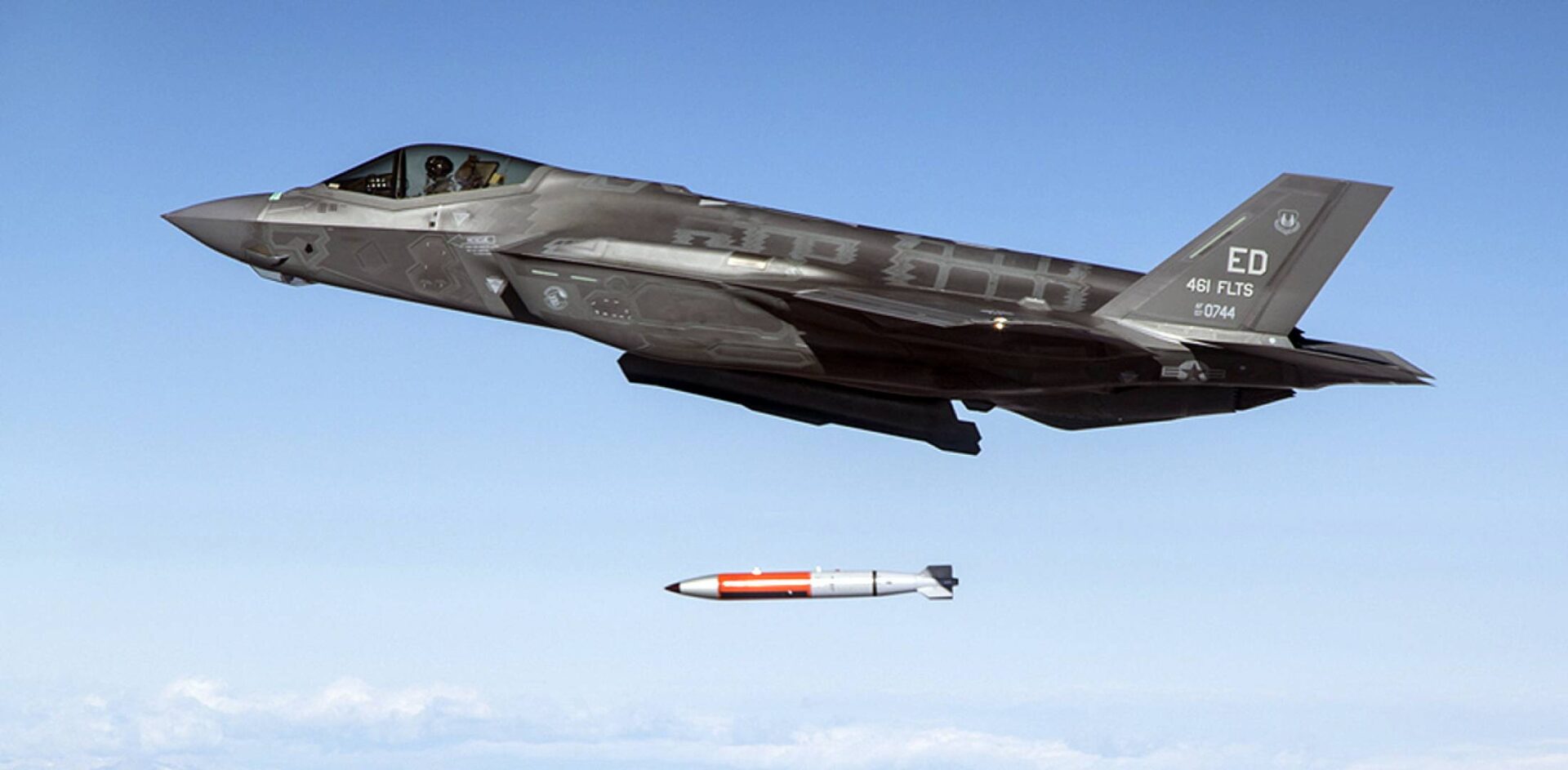
Nuclear Notebook: Nuclear Weapons Sharing, 2023
The FAS Nuclear Notebook is one of the most widely sourced reference materials worldwide for reliable information about the status of nuclear weapons and has been published in the Bulletin of the Atomic Scientists since 1987. The Nuclear Notebook is researched and written by the staff of the Federation of American Scientists’ Nuclear Information Project: Director Hans M. Kristensen, Senior Research Fellow Matt Korda, Research Associate Eliana Johns, and Scoville Peace Fellow Mackenzie Knight.
This issue’s column examines the current state of global nuclear sharing arrangements, which include non-nuclear countries that possess nuclear-capable delivery systems for employment of a nuclear-armed state’s nuclear weapons.
Read the full “Nuclear weapons sharing, 2023” Nuclear Notebook in the Bulletin of the Atomic Scientists, or download a PDF using the button on the left side of this page. The complete archive of FAS Nuclear Notebooks can be found here.
This research was carried out with generous contributions from the New-Land Foundation, Ploughshares Fund, the Prospect Hill Foundation, Longview Philanthropy, and individual donors.
The last remaining agreement limiting U.S. and Russian nuclear weapons has now expired. For the first time since 1972, there is no treaty-bound cap on strategic nuclear weapons.
The Pentagon’s new report provides additional context and useful perspectives on events in China that took place over the past year.
Successful NC3 modernization must do more than update hardware and software: it must integrate emerging technologies in ways that enhance resilience, ensure meaningful human control, and preserve strategic stability.
The FY2026 National Defense Authorization Act (NDAA) paints a picture of a Congress that is working to both protect and accelerate nuclear modernization programs while simultaneously lacking trust in the Pentagon and the Department of Energy to execute them.